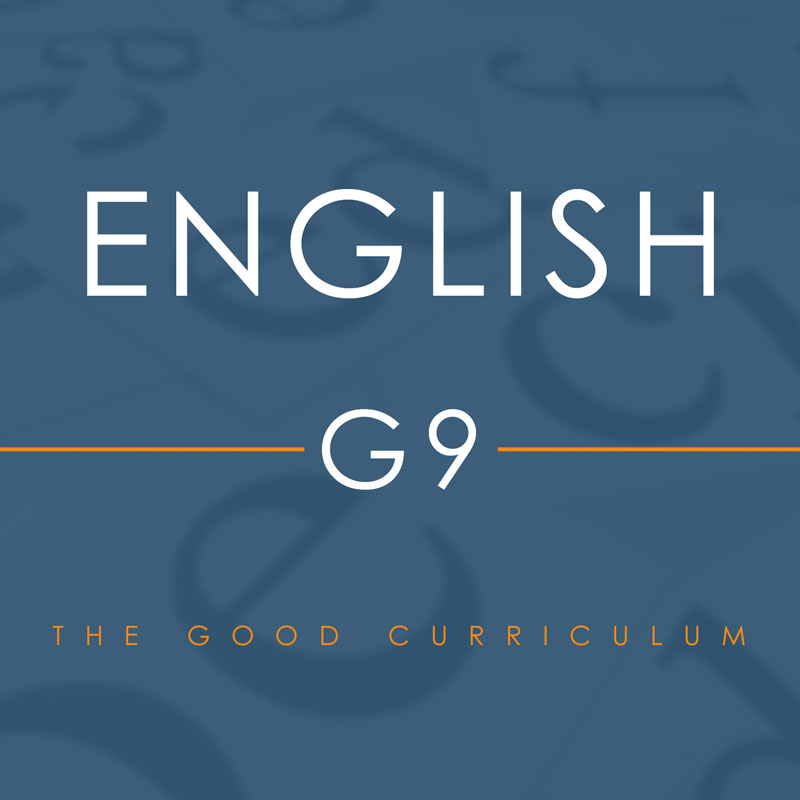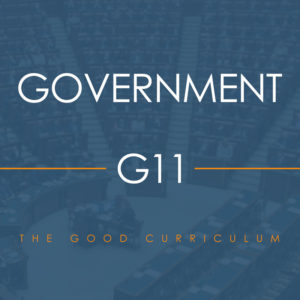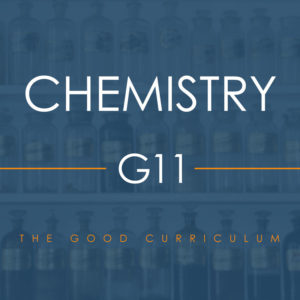Description
If you want to enter a four-year college after high school, you will have to take four years of English in high school.
Four-year colleges universally require this for all applicants. You can get into most colleges without four years of science. You can get in without four years of mathematics. But you cannot get in without four years of English.
I am not sure why colleges still require this. Professors these days rarely assign term papers, except in the English department. In my day, a long time ago, the requirement made sense. I was taught how to write in high school. I improved my writing ability all through college. In graduate school, at about the age of 25, I finally got the knack of it. I began to be able to sell enough articles to pay my way through graduate school. But it took a lot of work. It took a lot of practice.
The Good Curriculum is dedicated to teaching you how to write. Every week, in every humanity and social science class, you must write a paper. There are very few high schools that require this of their students. We require it because we are going to do whatever it takes to give you the opportunity to gain the skill of fast, effective writing.
At the end of your coursework in the Good Curriculum, you will be able to write better than 90% of your peers. A few of you will be able to write better than almost anybody who is writing in the media today. Some of you will have the knack, and the practice you get on this site is going to give you the opportunity you need to develop this skill. But even if you do not have the knack, you are still going to be able to write better than most of the students who enter college, and also better than most of the students who graduate from college.
I give this as background to my freshman course in English. I do not have a degree in English. I do not write fiction. (Some of my critics claim otherwise.) I do claim this, however: I have published more books and articles than anyone who will ever teach you how to write. I have written continuously ever since 1956. I write at least eight articles a day, five days a week, and five more on Saturday. I also write a book every year. Some years, I write two books. Or three.
I can teach you how to write, and I am going to teach you how to write. You may not like it at first, but when you get out of this program, you will have a skill unmatched by anybody you know who is not enrolled in this program.
AUTOBIOGRAPHIES
In English 9, you are going to read autobiographies. These autobiographies will be your training ground for writing your own autobiography. I am going to show you how to write one. I am not sure when you should write it, but I am going to prepare you to write it.
By reading some of the best autobiographies ever written, you are going to learn what makes a good autobiography. You are also going to find out what detracts from an autobiography. You are going to read them, and I am going to show you how to mimic them. Class by class, I am going to take you through these autobiographies, page by page. I am going to show you why some things worked and some things did not.
These autobiographies will help you learn more about history. More important, they will help you organize your own thoughts. They will help you avoid errors that you otherwise would make.
One of the secrets of writing is to read good writers. If you get the right instruction, another secret of writing is to read not-so-good writers. As long as somebody teaches you why a particular writer was not such a good writer, and how he could have been a much better writer, you can learn how to become a good writer from not-so-good writers. This is exactly what I am going to do for you.
Autobiographies in the course: Jim Lehrer, Sergei Kourdakov, Booker T. Washington, Hellen Keller, Mark Twain, George Washington Plunkitt, Charles Darwin, Geronimo, John Thompson, Solomon Northup, Henry David Thoreau, Frederick Douglas, and Olaudah Equiano.
So, I hope you enroll. I also hope you will learn enough by the end of the course that you will be able to begin the preliminary steps in writing your autobiography.





Reviews
There are no reviews yet.